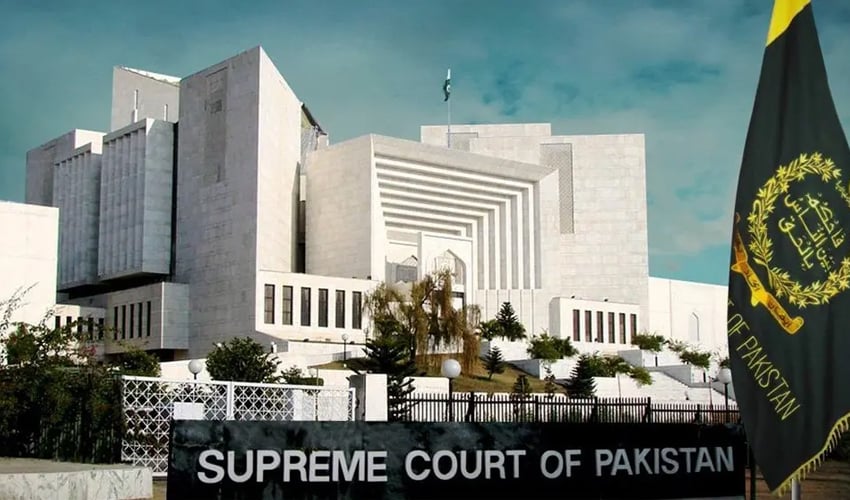Editorial
The federal government has just two days to appoint Pakistan’s new Chief Justice as outlined by the recently passed 26th Constitutional Amendment. According to this amendment, the Chief Justice position must be filled three days before the current Chief Justice, Qazi Faez Isa, retires on October 25, 2024. The deadline for this appointment is set for October 22 at midnight.
The amendment stipulates that the Chief Justice will serve a three-year term or until they reach the retirement age of 65. This change was officially signed into law by President Asif Ali Zardari at the request of Prime Minister Shehbaz Sharif early Monday.
Under the new rules, the selection process for the Chief Justice will no longer be based solely on seniority. Instead, the new Chief Justice will be chosen from the three most senior judges of the Supreme Court. A parliamentary committee made up of twelve members will make the nomination, which requires a two-thirds majority to pass. Once the committee selects a candidate, the name will be forwarded to the Prime Minister for approval before being sent to the President.
If the top candidate declines the role, the next senior judge will be considered. Currently, Justice Syed Mansoor Ali Shah is the most senior, followed by Justice Munib Akhtar and Justice Yahya Afridi. Reports suggest that Justice Afridi is likely to be appointed as the next Chief Justice, given his non-controversial nature and support from government sources.
Here’s a brief overview of the three senior judges:
Justice Mansoor Ali Shah is the most senior judge, having served as Chief Justice of the Lahore High Court before his elevation to the Supreme Court in early 2018.
Justice Munib Akhtar, born in 1963, was also elevated to the Supreme Court in 2018 and is the second senior-most judge eligible for the position.
Justice Yahya Afridi, the third senior-most judge, served as Chief Justice of the Peshawar High Court before joining the Supreme Court in 2018.
















